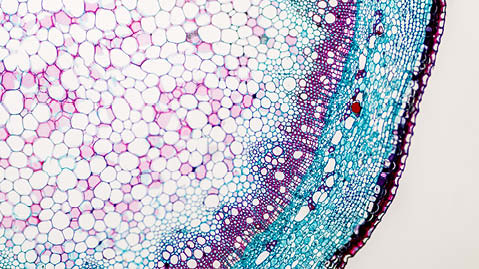
Politics of European countries protecting the supply of critical medicines medical devices
Medicine and device shortages are rising across Europe, threatening patient care and exposing gaps in healthcare systems. With access to treatment considered a fundamental right, governments are under pressure to respond. While some countries have implemented reporting and mitigation strategies, broader EU-level reforms like the proposed Critical Medicines Act aim to strengthen supply chain resilience amid growing global uncertainty.
1 / 5 观点

EU and medicines supply issues (part one): Current measures
Marketing Authorisation Holders (MAHs) in the EU are legally required to report medicine supply shortages to the European Medicines Agency and national authorities. This article explores the central role of Marketing Authorisation Holders (MAHs) in identifying and managing medicine supply shortages in the EU as well as the role of EMA committees and working groups in coordinating responses and maintaining the Critical Medicines List to safeguard public health.
2 / 5 观点

EU and medicines supply issues (part two): Proposals for future measures
In part two of our article on EU and medicine supply issues we explore the key proposals outlined in pharmaceutical reform and their impact on marketing authorisation holders across the region.
3 / 5 观点

Guidance to manufacturers withdrawing a medical device from the EU market
Medical product availability and healthcare safety are becoming increasingly important talking points. This is also reflected in the EU regulations on medical devices. Although the provisions may seem straightforward their vagueness may give rise to significant doubts as to which situations they will apply to in practice.
4 / 5 观点

Back to








